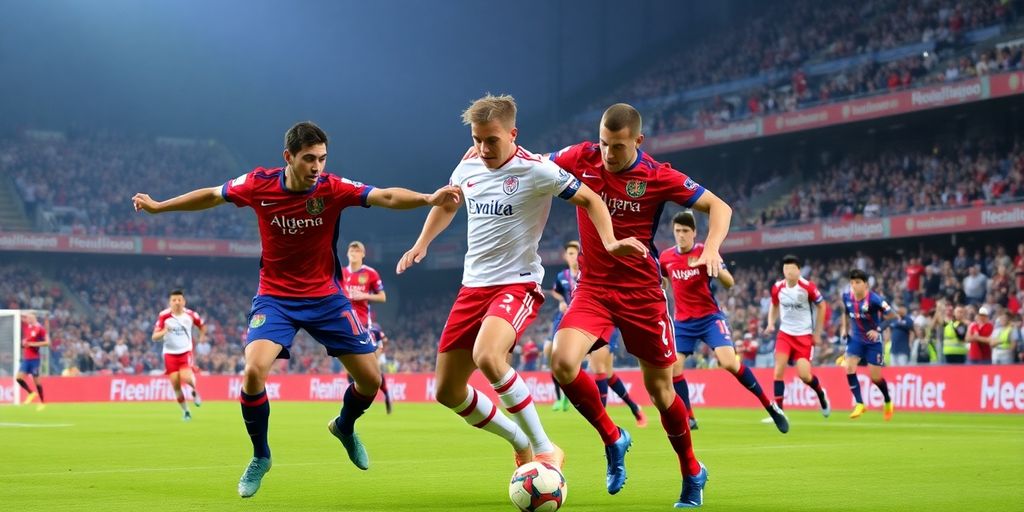The upcoming Euro 2027 U21 match between Albania and Serbia has sparked significant debate regarding attendance and potential boycotts. With historical tensions between the two nations, fans and officials are divided on whether to support their teams or protest against the backdrop of political and social issues.
Key Takeaways
- The match is set to take place in a politically charged atmosphere.
- Historical tensions between Albania and Serbia complicate fan participation.
- Calls for boycotts are gaining traction among certain groups.
Historical Context
The relationship between Albania and Serbia has been fraught with conflict, particularly in the wake of the Kosovo War in the late 1990s. This history has led to a deep-seated animosity that continues to influence interactions between the two nations today. The Euro 2027 U21 match is not just a sporting event; it is a flashpoint for these historical grievances.
Fan Reactions
Fans are expressing mixed feelings about attending the match. Some are eager to support their national teams, while others feel that attending would be a tacit endorsement of the ongoing tensions. Key points of view include:
- Supporters of Attendance:
- Advocates for Boycott:
Official Stances
Officials from both countries have weighed in on the matter, with some encouraging attendance as a means of fostering goodwill and sportsmanship. Others, however, have called for caution, emphasizing the need to acknowledge the historical context before proceeding.
Potential Impact of Boycotts
Should a significant number of fans choose to boycott the match, it could have several implications:
- Economic Impact:
- Reduced ticket sales and local business revenue.
- Political Ramifications:
- Could influence diplomatic relations between the two nations.
- Social Awareness:
- May raise awareness of the historical issues at play.
Conclusion
As the date of the Euro 2027 U21 match approaches, the decision to attend or boycott remains a contentious issue. Fans are encouraged to consider the broader implications of their choices, weighing their passion for football against the historical and political realities that shape the relationship between Albania and Serbia. The outcome of this debate may not only affect the match itself but also the future of sports diplomacy in the region.






